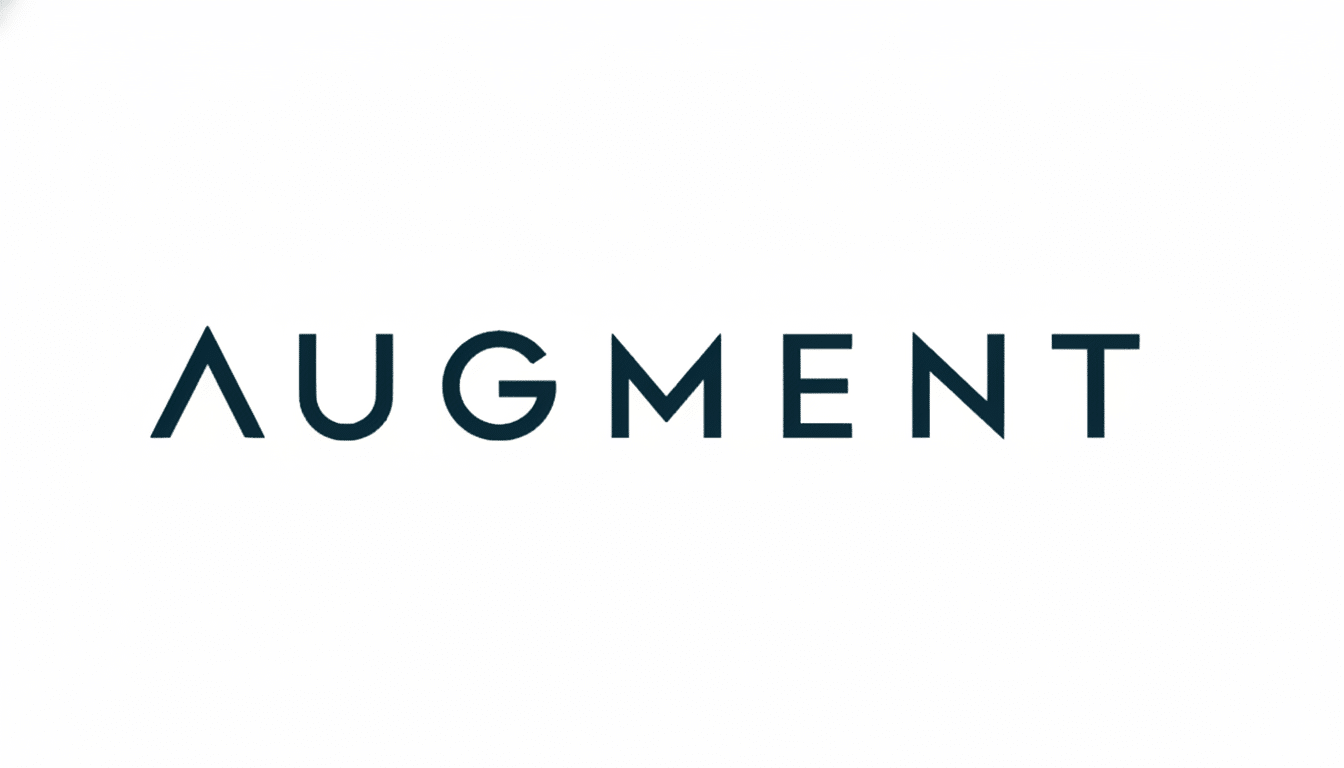Augment, an AI logistics startup founded by the co-founder of Deliverr, Harish Abbott, has raised a massive $ 85 million Series A as it seeks to evolve its product and grow its network, which focuses on helping over-the-road truckers determine their loads, get paid and find backhaul — the trip that follows the drop-off.
The round was led by Redpoint, with participation from 8VC, Autotech Ventures and others — a surprisingly large A-stage bet that underscores how quickly AI is moving from a mere experiment to a production ingredient inside U.S. freight operators.

Abbott, who sold Deliverr to Shopify for $2.1 billion, is targeting Augment squarely at the high-friction “last mile” of back-office logistics—where quotes, bookings, tracking, and invoices still ping-pong back and forth between email, phone, EDI, and spreadsheets.
What makes this round different
Series A rounds of such size have been rare in logistics software, especially after a recent period when funding for freight tech cooled. What makes Augment a little different is how quickly it has been adopted (it claims more than twice the number of customers since raising a seed round of what it said was a decent size only a few months ago) and how big of a surface it has to automate.
Investors are underwriting the “AI ops layer” for freight, writ large. The American Trucking Associations estimates that trucking hauls more than 70% of the total U.S. freight by weight, and the vast majority of carriers are small operators with fleets of fewer than 10 trucks. This fragmentation is literally building millions of human touchpoints—exactly where a task-oriented agent can provide leverage.
What Augie actually does
Augie is designed as a co-pilot that assumes seven primary workflows that most shippers, carriers, and brokers are offered. Those entail gathering and normalizing pricing bids, building loads to maximize trailer utilization, tracking shipments in transit, which in actuality means chasing documents, flagging exceptions and forming an invoice packet for billing.
Rather than attempting to jam teams into some new interface, Augie meets them in channels ops teams already live in: voice, email, Slack, SMS and Telegram. Behind the scenes, the assistant interprets semi-structured messages as well as EDI, connects to TMS and accounting systems via API or inbox automation, and a tracks auditable trail — vital for compliance and chargeback disputes.
In a light where load boards, TMSs and carrier portals all disagree when it comes to format, the ability to normalize messy data is every bit as important as the model. McKinsey and other consultancies have observed that a considerable portion of logistics cost comes from exceptions, like missed appointments, accessorials, and paperwork errors, that AI can triage faster than a human queue.
Early Results, And Buyer Appetite
Though Augment has not released its revenue, it says that customer growth has been swift last its seed round. Armstrong Transport Group, an onboarded client, has already reported about a 40% decrease in invoice delays since implementing Augie—a type of measurable KPI we all know freight brokers and 3PLs love to tout.

Redpoint’s investment thesis was largely based on feedback from customers. Tally Management’s users report thinking of Augie as part of their day-to-day rather than a novelty tool—a significant signal at a time when many generative AI pilots fizzle out before reaching production scale, according to the firm.
Hiring push and product roadmap
Augment plans to double its head count of 50 engineers to deepen integrations and introduce new features. The to-do list is nontrivial: there are freight companies that still operate on a hodgepodge of legacy TMS, email-driven processes and EDI messages (read: 204s and 214s), with rules that change by customer and by lane. Scaling an agent across that heterogeneity requires strong guardrails, data residency controls, and SOC 2-grade security.
Short-term focus is U.S. trucking, but the company’s ambition is international freight and multimodal. That would move Augie further into customs workflows, ocean and air milestones, and a larger ecosystem of forwarders — where the mess and exception handling around documentation can be even more intense.
Competitive field and industry context
Augment is not the only player rushing to automate freight desks. Rising assistants such as Vooma and FleetWorks are addressing the same pain points, and incumbents—parcel titans such as FedEx and UPS among them—have indicated a greater interest in proprietary AI. The defensibility here will be in the breadth of data, the depth of systems integration and how quickly this assistant can take fully autonomous actions safely.
It’s a vast market. Advocacy group ATA data shows that most U.S. carriers have fewer than 20 trucks but, together, these carriers move the majority of freight. For brokers and 3PLs, that means constant coordination across thousands of small partners — precisely the place where automated bid collection, pro-active exception management, and invoice generation can save margin without increasing headcount.
What to watch next
Three indicators will show whether Augment’s momentum continues: The conversion rate of customers from trial to full production; the amount of workflows handled end-to-end by Augie, without human intervention; and the speed of integrations to major TMS and accounting platforms.
If Augment can regularly reduce exceptions, shrink days sales outstanding, and increase trailer utilization for customers, the ROI math is simple enough. In a fragmented analog-heavy business, it all adds up — and that’s what the $85 million investment is betting on.

